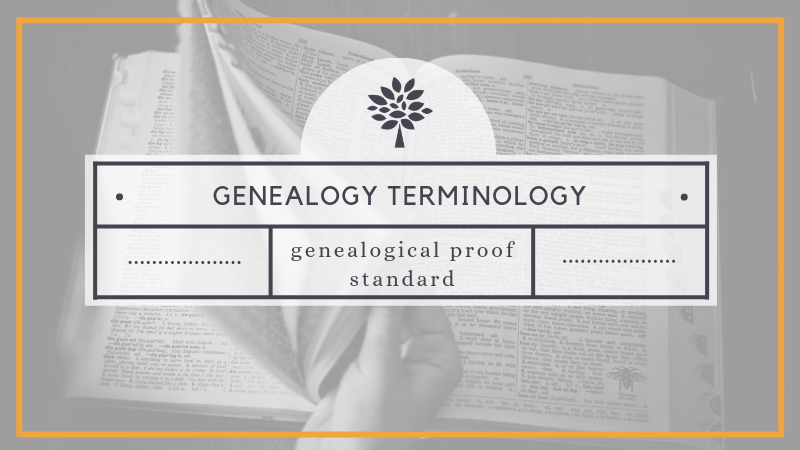
All genealogists strive to reconstruct family histories or achieve genealogical goals that reflect historical reality as closely as possible. They meet this goal by applying the Genealogical Proof Standard (GPS) to measure the credibility of conclusions about ancestral identities, relationships, and life events.
Board for Certification of Genealogists, Genealogy Standards. Second ed. Nashville, TN: Ancestry.com, an Imprint of Turner Publsihing Company, 2019.
The Genealogical Proof Standard consists of 5 components:
- Reasonably Exhaustive Research – Examine all available resources. Reasonably exhaustive research minimizes the risk that new information will be discovered that will overturn the conclusions of the research.
- Complete and Accurate Source Citations – These allow others to duplicate the steps taken to reach the research conclusions.
- Critical Tests of Relevant Evidence Through Processes of Analysis and Correlation – Aid in the sound interpretation of information and ensure that conclusions are drawn using the best available evidence.
- Resolution of Conflicting Evidence – Substantiates the conclusion’s credibility.
- Soundly Reasoned, Coherently Written Conclusion – Shows or explains how the evidence leads to the conclusion and eliminates the possibility that the conclusion is based on bias or inadequate appreciation of the evidence.
